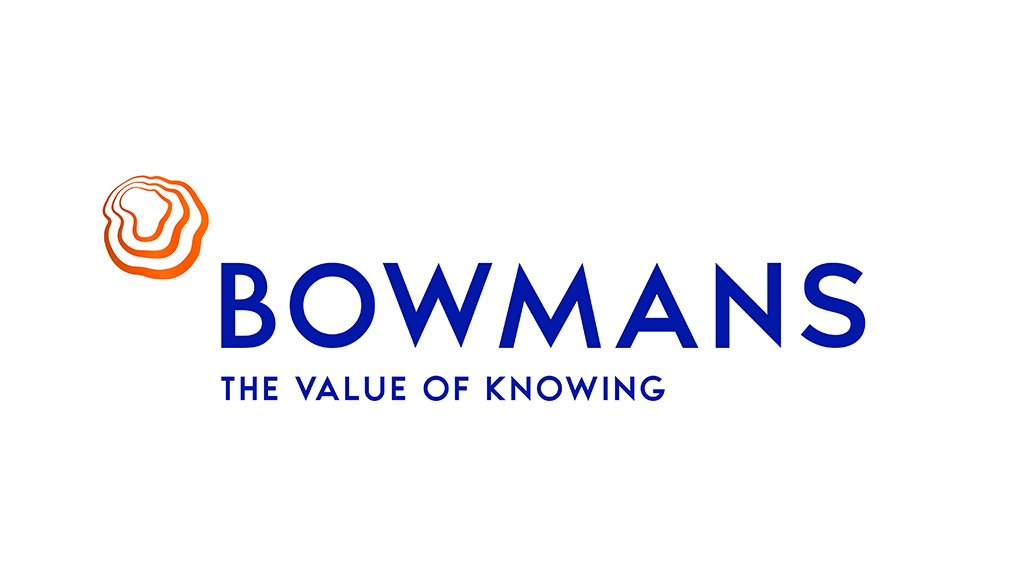The notion of mandatory vaccination against Covid-19 has become a talking point for employers globally.
Mandatory vaccinations may potentially speed up the process whereby heard immunity is achieved. But can an employer (as opposed to the State through national legislation, or a court order) force employees to get vaccinated?
This is no simple matter. For one, in law, vaccination is a ‘medical treatment’, not a ‘medical test’, and the difference matters. Medical testing is governed by section 7 of the Employment Equity Act, 1998, and is performed to ascertain whether an employee has a medical condition. The Employment Equity Act would come into play in circumstances where the employer requires the employee to get tested for Covid-19. By contrast, South African employment legislation does not specifically regulate when an employee may be required to undergo medical treatment.
In order to answer this question, the starting point is the constitutional right to bodily integrity and control over one’s body. The National Health Act, 2003, gives effect to this right and states that medical treatment may not be provided without the user’s informed, specific and voluntary consent. There are certain exceptions to this rule, for example where the failure to treat the individual, or group of people that includes the individual, will result in ‘a serious risk to public health’, or where a law or court order authorises the provision of a health service.
At this stage, Government has indicated that the Covid-19 vaccine will not be obligatory and there is no law requiring anyone to be vaccinated.
So, employers considering mandatory vaccination are left with the public health risk exception, together with their own obligations to maintain safe, healthy workplaces under the Occupational Health and Safety Act, 2003, to justify their decisions.
Factors such as the level of risk, nature of the workplace, the work performed and the availability and suitability of means to remove or mitigate the risk come into play. An employer’s obligations will also need to be balanced against an employee’s right to freedom of conscience, religion and belief. Such beliefs must be reasonably accommodated where they form part of the inherent tenets of the particular religion or belief system, unless the means to accommodate result in unjustifiable hardship to the employer.
Applying the law in practice
Employers who exclude unvaccinated employees from the workplace are effectively forcing them to be vaccinated, undermining the voluntary nature of consent.
However, the extent to which this may be the case will likely depend on the consequences that may arise if the employee is not vaccinated. If the employee simply continues working remotely and is not prejudiced, it may be arguable that the employee retains the ability to decide whether or not to have the vaccine. But, where the employee cannot work remotely and the employer’s policy effectively makes it compulsory to obtain the vaccine to retain one’s job, the voluntary consent principle will be violated.
There are circumstances where a mandatory vaccination policy will be permissible, namely if not having the vaccine may create a serious risk to public health. This could be the case in work environments with large groups of employees, such as call centres, mines and factories. The argument is that this increases the risk of transmission among the employees, and so too the risk of subsequent transmission in their communities. Public health risks may also be triggered in workplaces where the public is served in large numbers or may be impacted, such as retail operations, hospitals and food manufacturing operations.
Where there is not a serious risk to public health and there are less intrusive means to ensure a safe working environment (such as physical distancing, mask wearing, hand sanitising, etc.), these measures should be taken. Accordingly, when it comes to office-based roles with limited contact with fellow employees or the public, an employer would likely meet its duty under OHSA by implementing the (now) normal health and safety protocols. In these circumstances, the public health risk exception in the National Health Act would not apply.
In many circumstances, it may be more effective (and carry less legal risk) for employers to educate employees on the vaccine and encourage them to be vaccinated, rather than making it a strict requirement for entry into the workplace.
Given the competing rights and potential risks involved, and in the absence of a general law mandating vaccinations, employers will need to tread most carefully when considering making vaccinations compulsory for staff.
Written by Talita Laubscher, partner, and Chloë Loubser, senior associate, Bowmans
EMAIL THIS ARTICLE SAVE THIS ARTICLE ARTICLE ENQUIRY
To subscribe email subscriptions@creamermedia.co.za or click here
To advertise email advertising@creamermedia.co.za or click here











